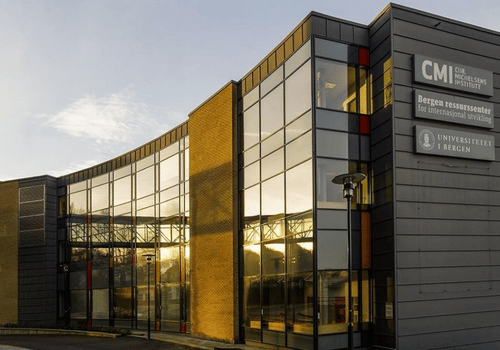
Applications are now open for a Postdoctoral researcher position as part of the ‘Prioritising the Displacement-Environment Nexus’ project at the Chr. Michelsen Institute in Norway.
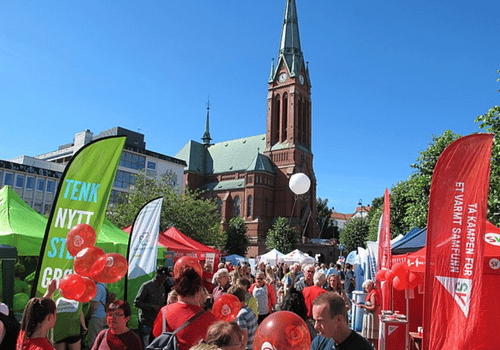
The annual Arendalsuka is underway in Arendal, Norway where participants will discuss, debate and solve societal challenges, including humanitarian related challenges.
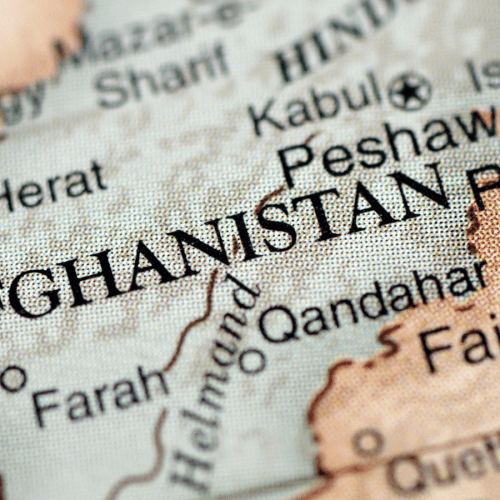
One year after the Taliban seized power in Afghanistan, this piece for the Italian Institute for International Politics discusses how should the international aid community engage with the Taliban state.
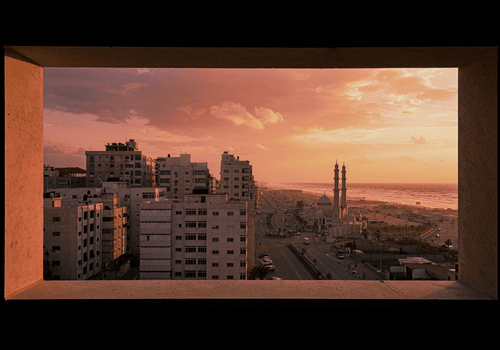
In the wake of Syrian mass displacement, this call for papers seeks contributions that shed light on the unusual and unlikely places of refuge to which Syrian refugees have fled.
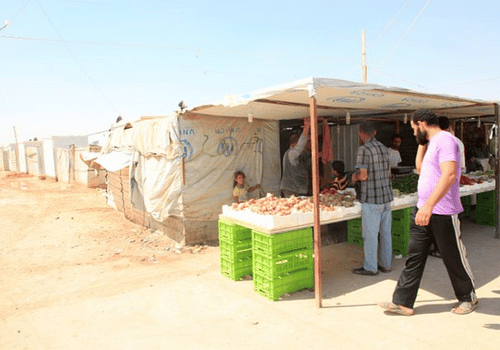
New book review essay explores the contributions of three recent books from the Refugee Economic Programme at the Refugee Studies Centre, Oxford .
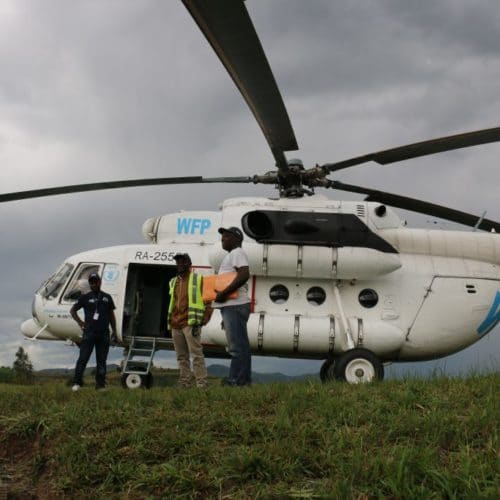
In light of the risk of violating sanctions regimes humanitarian organisations may resort to remote management. This paper explores what such remote management might imply in the context of humanitarian negotiations.
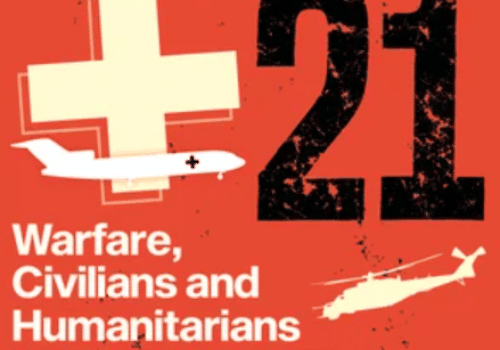
Organised by the NCHS and PRIO in collaboration with the Norwegian Red Cross, this roundtable with Hugo Slim explored the future of humanitarian principles.
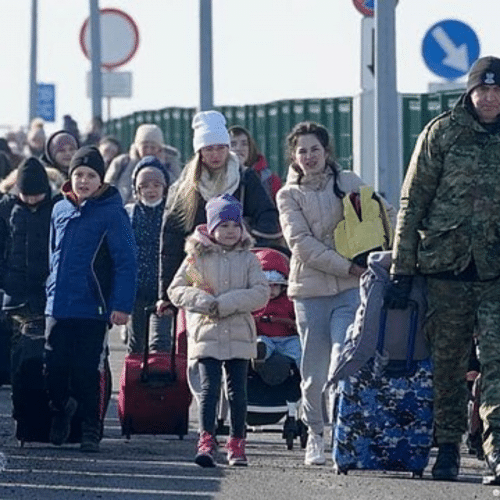
PRIO together with the NCHS and the Polish Embassy in Norway recently hosted a discussion on preventing human trafficking in the context of the war in Ukraine. A recording of the discussion is now available.
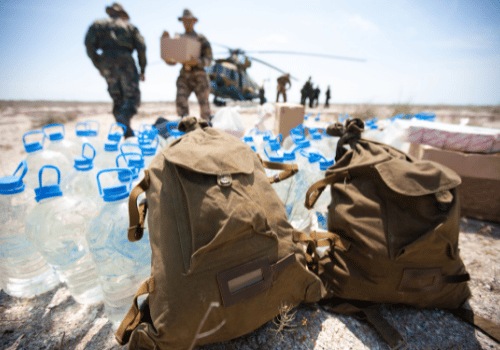
This report provides an overview of the concept of humanitarian diplomacy and the different forms it may take in humanitarian intervention.
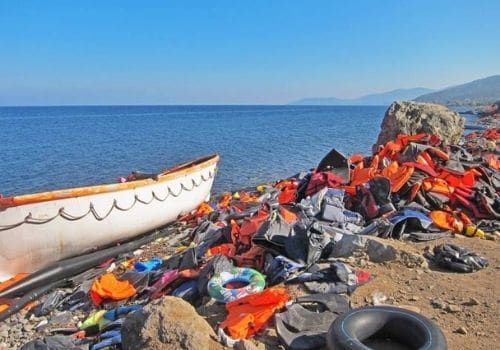
You are invited to join this breakfast seminar co-hosted by PRIO and the NCHS to discuss local and EU responses to migrants seeking refuge in Greece, and reflect on lessons learned.
The earthquake in Turkey and Syria on 6 February is tragic beyond what we are able to fathom.
The World Health Organization’s Europe branch has labelled the 7.8 magnitude earthquake and a secondary 7.6 magnitude aftershock as the region’s “worst natural disaster” in 100 years. By 17 February, there have been near 44 000 registered deaths.
While everyone is equally powerless in the face of collapsing buildings, shattered by the forces of nature, we also see that the earthquake affects people unequally and the relief in the aftermath reaches people unequally.
The differences are notably stark between the two sides of the Turkey-Syria border, but also within each country. Understanding these differences requires a deeper analysis of political corruption and misled governance, as well as the impacts of over a decade-long civil war. As geologist, Dr. Judith Hubbard, tweeted on 12 February, “The earthquake was inevitable. The scale of the disaster was not”.
the earthquake was inevitable. The scale of the disaster was not
The UN’s Office for Disaster Risk Reduction has long maintained that the “geography of inequality” means that different regions and countries, or regions within countries, will experience disaster unequally based on their ability to manage risk and strengthen resilience. (In addition to social inequality, other factors, such as gender play a role in vulnerability to risk.)
Yet, while social inequality is often a key factor in determining how people are affected differently – by natural hazards, as well as health crises such as the Covid-19 pandemic – the picture is not as clear in this case. The poor don’t always live in the most vulnerable buildings when the earthquake hits. In fact, reports coming out of Turkey tell the story of modern luxurious compounds, built according to the “highest construction standards”, collapsed like a house of cards within minutes of the earthquake – leaving possibly hundreds buried in the ruins. Many are now asking how this was possible.
What we see in the case of the Turkey-Syria earthquake is that governance is an important source of vulnerability. In Turkey, governance has increasingly been reflective of electoral populism and crony capitalism. In Syria, there is an absence of functioning authorities – by the state or by rebel groups – in the opposition areas of Northwest Syria, which were most directly hit, and the Syrian regime is under international sanctions. These factors exacerbate the tragedy – both the impact of the earthquake itself, the crucial immediate response, and the relief and recovery that people will depend on.
In Turkey, the population has for 23 years been paying an “earthquake tax” to secure buildings – a response to the loss of life from the devastating 1999 Izmit earthquake in Turkey in which 17 000 people died. A significant factor in the rise to power of the current Justice and Development Party government was the perception of failures by the former regime to the 1999 earthquake.
a significant factor in the rise to power of the current Justice and Development Party government was the perception of failures by the former regime to the 1999 earthquake
In fact, criticism of construction standards can be found throughout Turkish earthquake history. Similar accusations followed the 1939 Erzincan earthquake, Turkey’s second worst natural disaster, destroying 116,720 buildings, levelling the city and resulting in the deaths of near 33 000 people. Over the last 80 years, numerous amnesties have been given by different governments, gravely exacerbating the impact of one disaster after the other, yet little seems to have been learnt.
Under Erdogan’s leadership, building amnesties have been granted at regular intervals to contractors who didn’t follow building regulations – often as a means to gain additional votes just ahead of elections. In the lead up to the election on 24 June 2018, a construction amnesty allowed six million residences to receive building registration certificates, regardless of whether they met the standards. In fact, a new amnesty had been submitted to the Turkish Parliament (TBMM) in October 2022 to consider registering “buildings that are unlicensed or contrary to license…”.
The amnesties have created a culture of impunity – but also been met by stark warnings from engineers and seismologists. In 2021, the Chamber of Geological Engineers of Turkey warned about the structural flaws of existing buildings as well as construction that was underway in the very areas now destroyed by the earthquake, including Kahramanmaras, Hatay and Osmaniye. The government has in recent days arrested several building contractors attempting to flee the country – a move seen by some as an attempt from the government to shift responsibility from the state onto individuals. However, the systemic loopholes that enabled endemic negligence, with such disastrous consequences, are political choices.
While many reports have come out of Turkey over the past week, and over 90 different countries have offered to help and send personnel to help, there has been far less attention to the situation in Syria. As of 17 February, official statistics have recorded that 5800 people have lost their lives in the earthquake in Syria, with over 9000 injured, but given the limited relief and rescue capacity in the areas that have been hit, the real numbers are clearly much higher.
In the rebel-held northeast, in Idlib province, the UN estimated that 4.1 million people were dependent on humanitarian assistance before the earthquake, with many being internally displaced from other regions in Syria.
Some assistance was sent through the humanitarian access point at Bab al-Hawa on the Turkey-Syria border, which is controlled by Russia (and regularly up for debate and renewal in the UN Security Council). This assistance has been a drop in the ocean. Experts such as Dr Carmen Solana warned early on that due to inadequate resistant infrastructure, “saving lives now mostly relies on response.” International and Syrian NGOs working in the region noted the lack of equipment and capacity sent to Northwest Syria. Local rescue teams were only able to search 5% of the affected areas with the result that potential survivors trapped under the other 95% of collapsed structures could not be rescued in time.
local rescue teams were only able to search 5% of the affected areas
Despite the dire needs of the Syrian population, international aid has been held back by sanctions against the Assad government.
Added to this is the lack of incentives for Syrian state authorities to channel any international aid received to this region, since it is governed by opposition groups fighting the regime. A week after the earthquake, on the same day as the Syrian White Helmets indicated they would stop searching for survivors, the UN and the Assad regime finally agreed to open up two new border crossings for international humanitarian aid to be delivered to affected populations – including rebel-held areas. The main rebel group governing in Idlib, Hayat Tahrir al-Sham, has refused to accept this help, because it will then be overseen by the Assad government; and they insist that the help ought to be delivered directly through Turkey.
The White Helmets are also critical to the UN-backed deal, as it gives the regime authority over the humanitarian assistance brought into the country. The underlying concern is that the earthquake relief opens the path for normalisation of the relationship with the Assad government. So, while the international community recognizes the urgent need, and appears ready to mobilize resources, they are caught in a web of their own making.
To conclude, the Turkey/Syria earthquake illustrates how the protection of populations and their rights to humanitarian and disaster relief are pre-determined by political choices. In Turkey, the failures of governance prior to the earthquake dramatically worsened the impact of the disaster. And in Syria, in the midst of a frozen political and armed conflict people have been left dying beneath the rubble while waiting for border openings to be negotiated.
the protection of populations and their rights to humanitarian and disaster relief are pre-determined by political choices